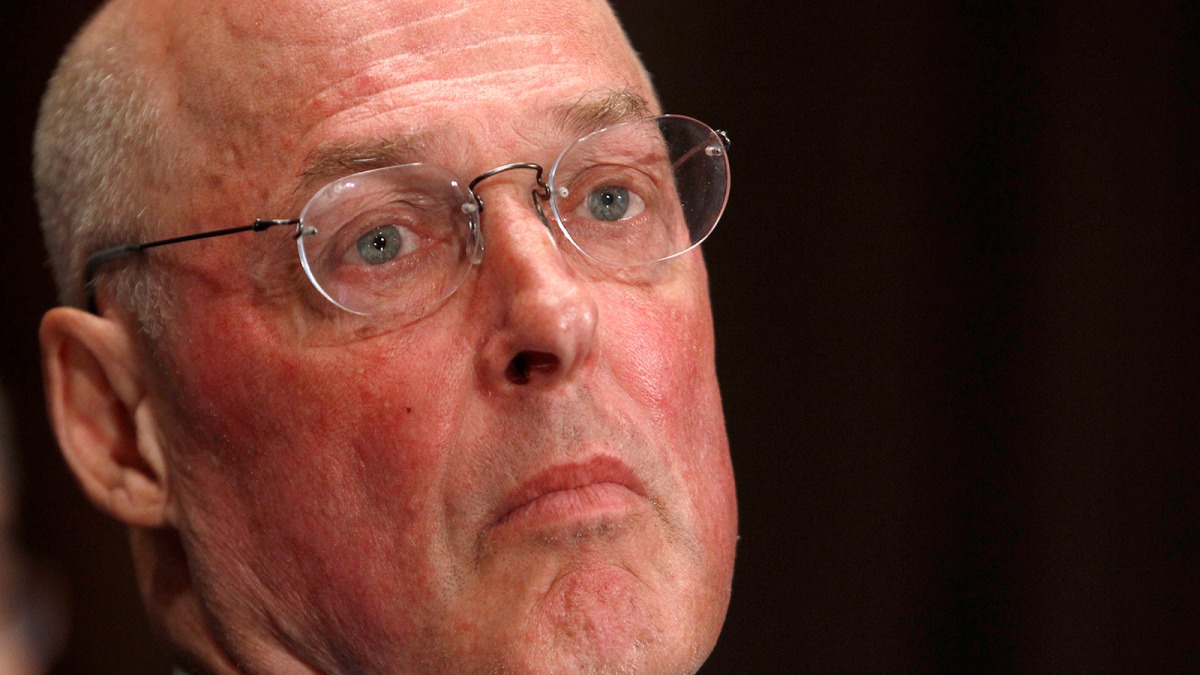Few things seem to stir up people’s emotions more than the topic of climate change. Whether it’s the complex science or predicted disastrous scenarios, climate change causes confusion, fear, disagreement and malaise. However, the realization of what’s at stake is settling in. From the U.S. Defense Department’s 2014 Quadrennial Defense Review: “Climate change poses another significant challenge for the United States and the world at large. As greenhouse gas emissions increase, sea levels are rising, average global temperatures are increasing and severe weather patterns are accelerating. These changes … will devastate homes, land and infrastructure.” John Kerry recently described climate change in a speech to Indonesians as, “the world’s most fearsome weapon of mass destruction,” and the Intergovernmental Panel on Climate Change’s (IPCC) recent report said climate change is impacting our entire global community. Exaggeration? Hyperbole? Well, let’s review some basic science.
Carbon dioxide, CO2, is always mentioned when people speak of climate change. CO2 gas in our oceans and atmosphere is essential to living organisms. Plants through photosynthesis absorb carbon dioxide to make food (think carbohydrates) which provides energy to the plant and any other organism that consumes the plant. Carbon molecules in the food are then returned to the atmosphere and oceans as CO2 in a process called respiration. Carbon is also released when an organism decays. Simply put, carbon dioxide is constantly recycled and reused. Carbon dioxide is also critical in keeping our planet at a comfortable temperature. When the sun heats the Earth’s surface, CO2 traps some of the heat energy and prevents it from reradiating back into space. CO2 works pretty much like a blanket, and that is good under “normal” conditions.
Unfortunately, conditions are no longer “normal” and haven’t been since the industrial revolution. To power our economic engine (cars, planes, power plants, factories, etc.), we have extracted and burned “old” carbon stored as fossil fuels underground releasing 30 billion tons of CO2 each year. That is a lot of CO2. By burning fossil fuels, we’ve increased atmospheric CO2 levels from 316 parts per million in 1959 to 400 in 2013. CO2 levels are also rising in the oceans, resulting in increased oceanic acidity.
So what does this have to do with climate change? Well, 800,000 years of climate data show temperature and CO2 levels move together. When CO2 levels are low, temps are low. When CO2 levels are high, temps are high. Given that our CO2 levels have been steadily increasing for more than 150 years, it is no surprise our atmosphere and oceans are getting warmer. In essence, we’ve been adding extra heat trapping blankets in the atmosphere.
Here are some facts taken from the IPCC:
— Atmospheric concentrations of carbon dioxide, methane and nitrous oxide have increased to levels unprecedented in at least the past 800,000 years. Carbon dioxide concentrations have increased primarily from fossil fuel emissions.
— The decline of Arctic sea ice in summer is occurring at a rate that exceeds most model projections.
— The ocean has absorbed about 30 percent of the emitted anthropogenic (from humans) carbon dioxide, causing ocean acidification.
— Sea level has risen.
— The past decade (2000-09) was the hottest on record.
I could go on. The science is clear, and nearly unanimous, with 98 percent of climate scientists saying humans are causing climate change. Rather than worry or argue, let’s take action. Contact government officials and elect politicians who understand climate change and are willing to take measures to solve the growing problem. Talk with friends and family members who are unconvinced about climate change, and remind people of the opportunities for new industries and jobs through renewable energies, water management, agricultural science and conservation practices. Finally, let’s each reduce our carbon footprint. After all, what kind of a world do we wish to leave our children and the generations that follow? We can and must do this.


